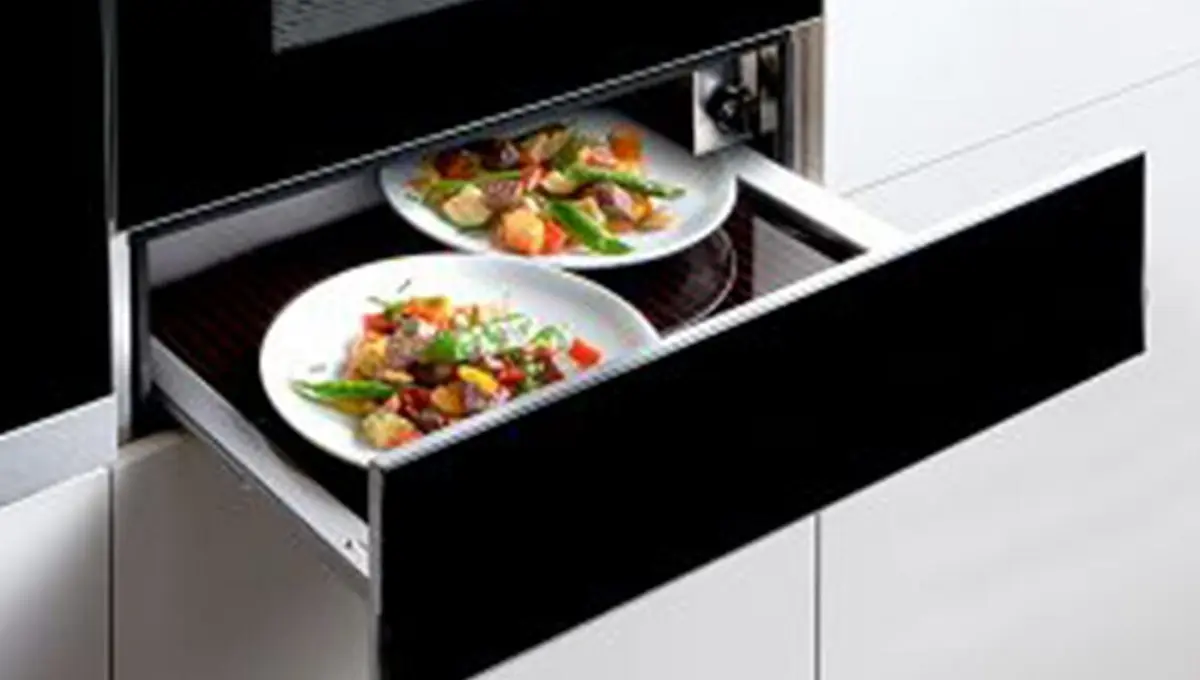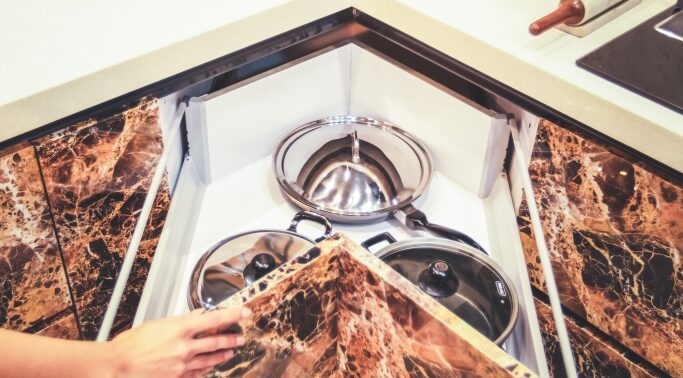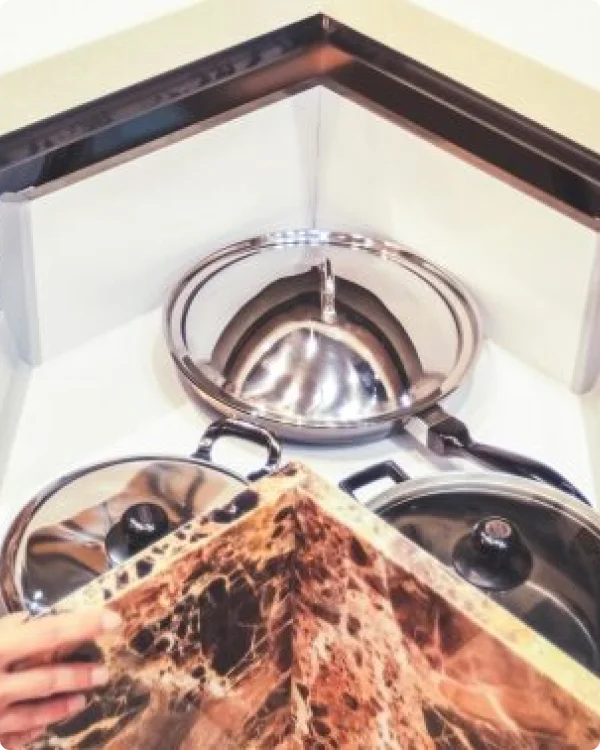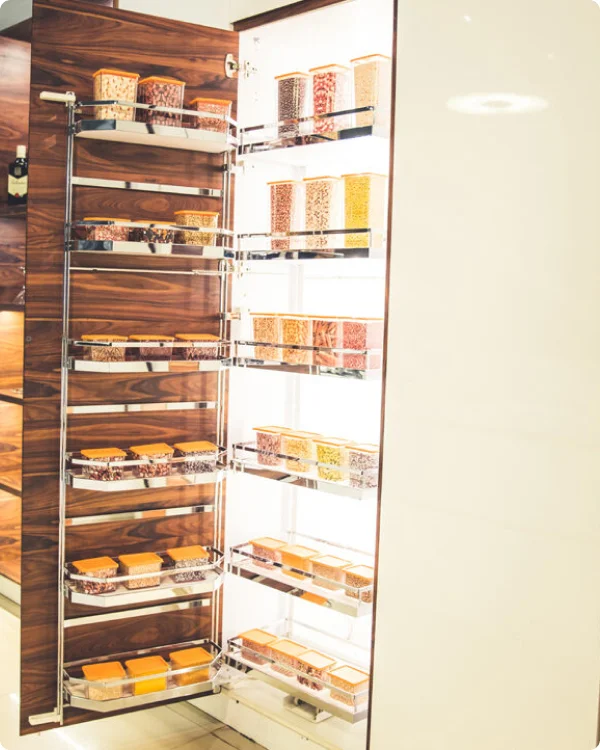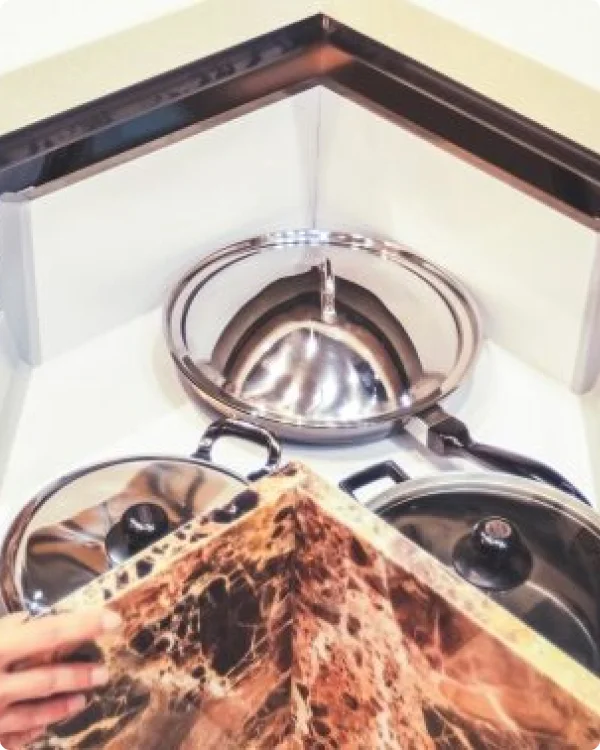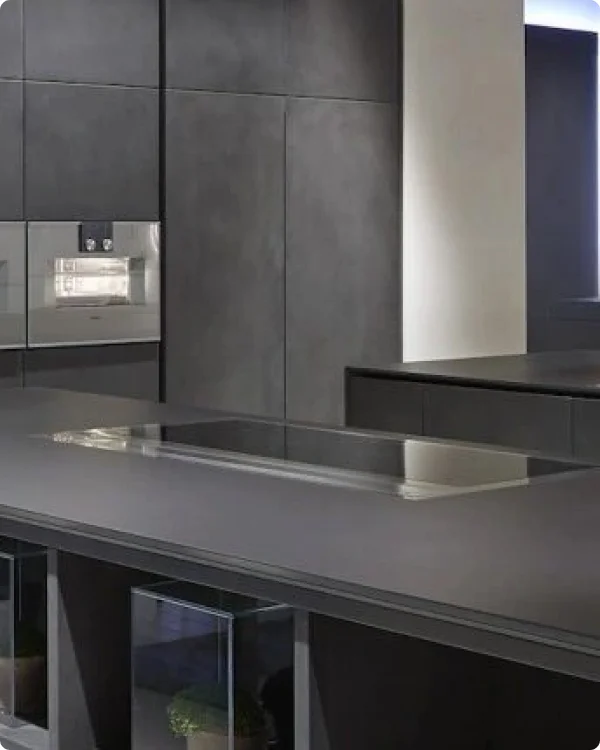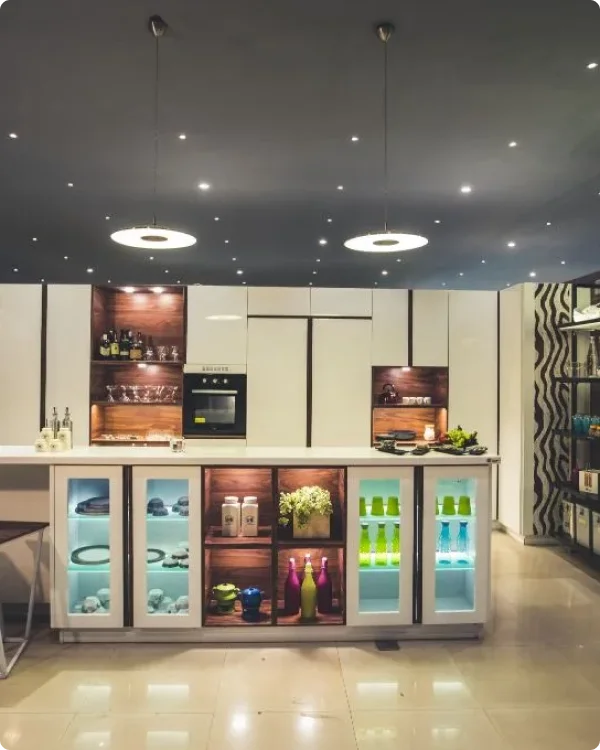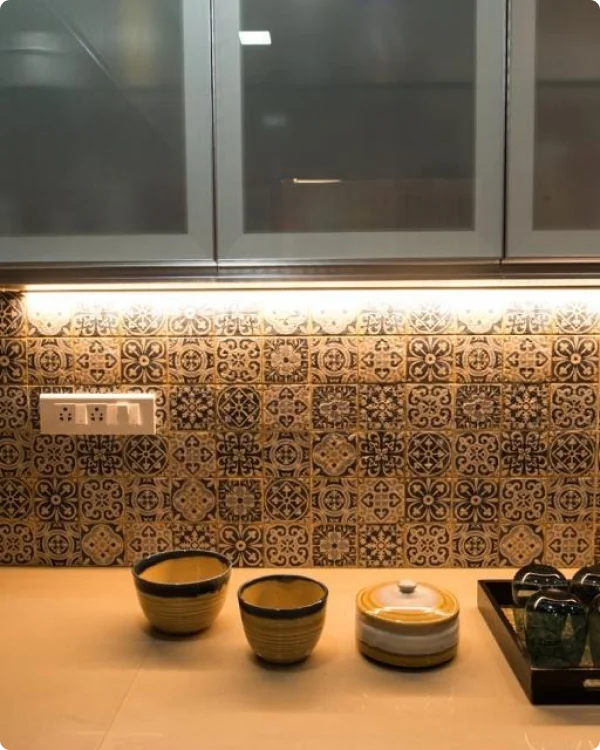When it comes to kitchen countertops, both granite and quartz are popular choices. Let's compare granite and quartz based on various factors:
Appearance and Aesthetics:
Granite: Granite is a natural stone, known for its unique and varied patterns. It offers a timeless and elegant look with a wide range of colors and veining patterns. Since it is a natural material, each slab of granite is unique.
Quartz: Quartz countertops are engineered using natural quartz crystals mixed with resins and pigments. They are available in a wide variety of colors and patterns, including options that mimic the look of natural stone. Quartz countertops offer a consistent and uniform appearance.

Durability and Resistance:
Granite:Granite is a highly durable material, known for its resistance to scratches, heat, and stains. It can withstand high temperatures, making it suitable for placing hot pans directly on the surface. However, it is recommended to use trivets or hot pads to protect the countertop.
Quartz: Quartz countertops are engineered to be extremely durable. They are highly resistant to scratches, heat, and stains. The resins used in the manufacturing process make quartz countertops non-porous, preventing the growth of bacteria and making them easy to clean.

Maintenance:
Granite:Granite countertops require periodic sealing to maintain their surface integrity and prevent staining. Sealing helps to protect the porous nature of granite from absorbing liquids. Regular cleaning with mild soap and water is recommended.
Quartz: Quartz countertops are virtually maintenance-free. They do not require sealing or special cleaning products. Routine cleaning with mild soap and water is sufficient to keep them in excellent condition.

Hygiene and Stain Resistance:
Granite:When properly sealed, granite countertops are resistant to stains. However, if spills are not promptly cleaned, they can penetrate the surface and cause staining. The porous nature of granite can make it more susceptible to harboring bacteria if not properly maintained.
Quartz:Quartz countertops are non-porous, making them highly resistant to stains and the growth of bacteria or mold. Their smooth surface prevents liquids and bacteria from seeping in, resulting in a more hygienic environment.

Cost:
Granite:Granite countertops can vary significantly in price based on factors such as rarity, color, and thickness. Generally, granite tends to be more expensive than quartz, although prices can vary depending on the specific material chosen.
Quartz:Quartz countertops are available in a range of prices, but they are often more affordable compared to high-end granite options. The cost of quartz can depend on the brand, design, and thickness chosen.

Ultimately, the choice between granite and quartz for kitchen countertops depends on personal preferences, budget, and specific needs. Granite offers natural beauty and uniqueness, while quartz provides consistent colors and patterns with enhanced durability and low maintenance. Consider factors such as appearance, durability, maintenance requirements, and budget to make the best decision for your kitchen.







 About
About
 Services
Services
 Products
Products
 Support
Support
 Working at Concept
Working at Concept

 May 26, 2023
May 26, 2023
 Material
Material





